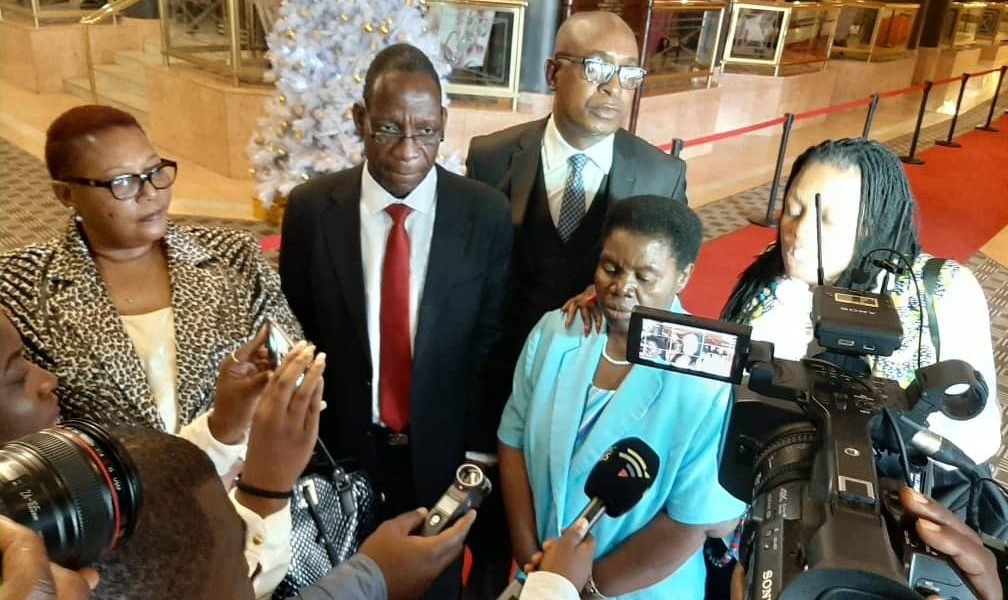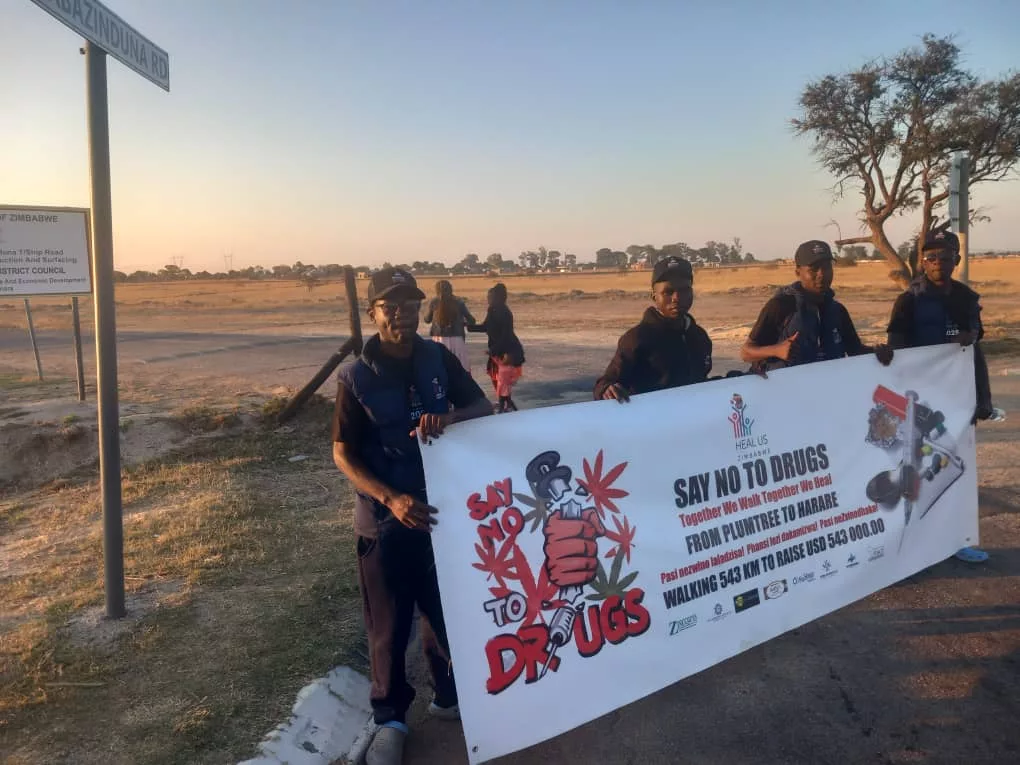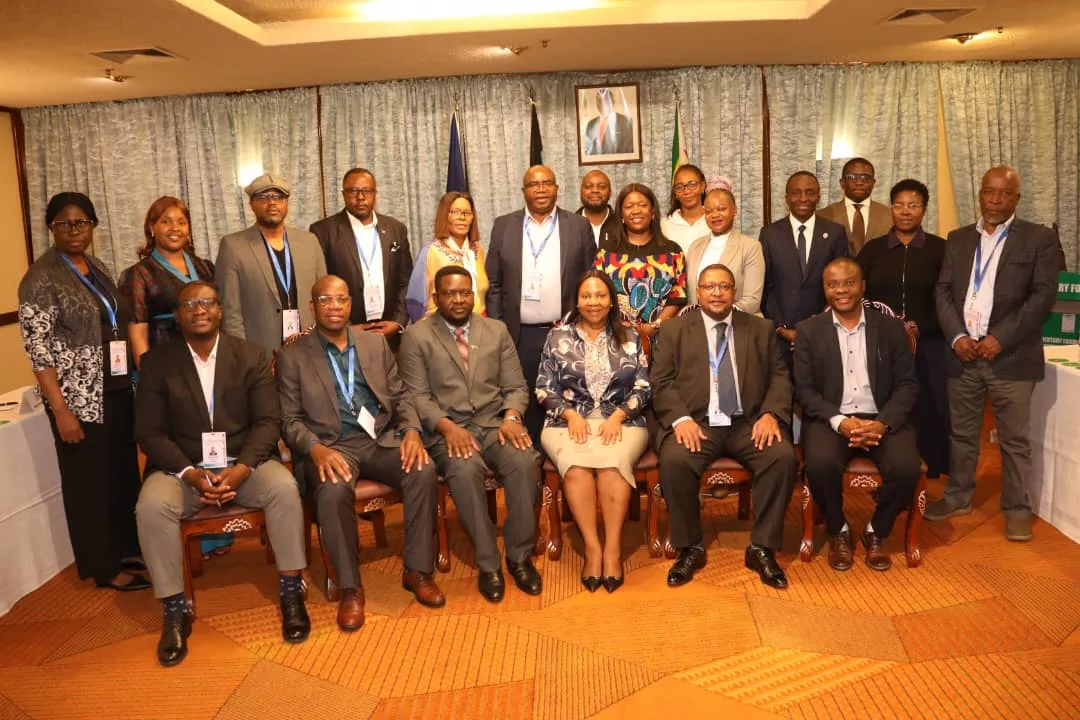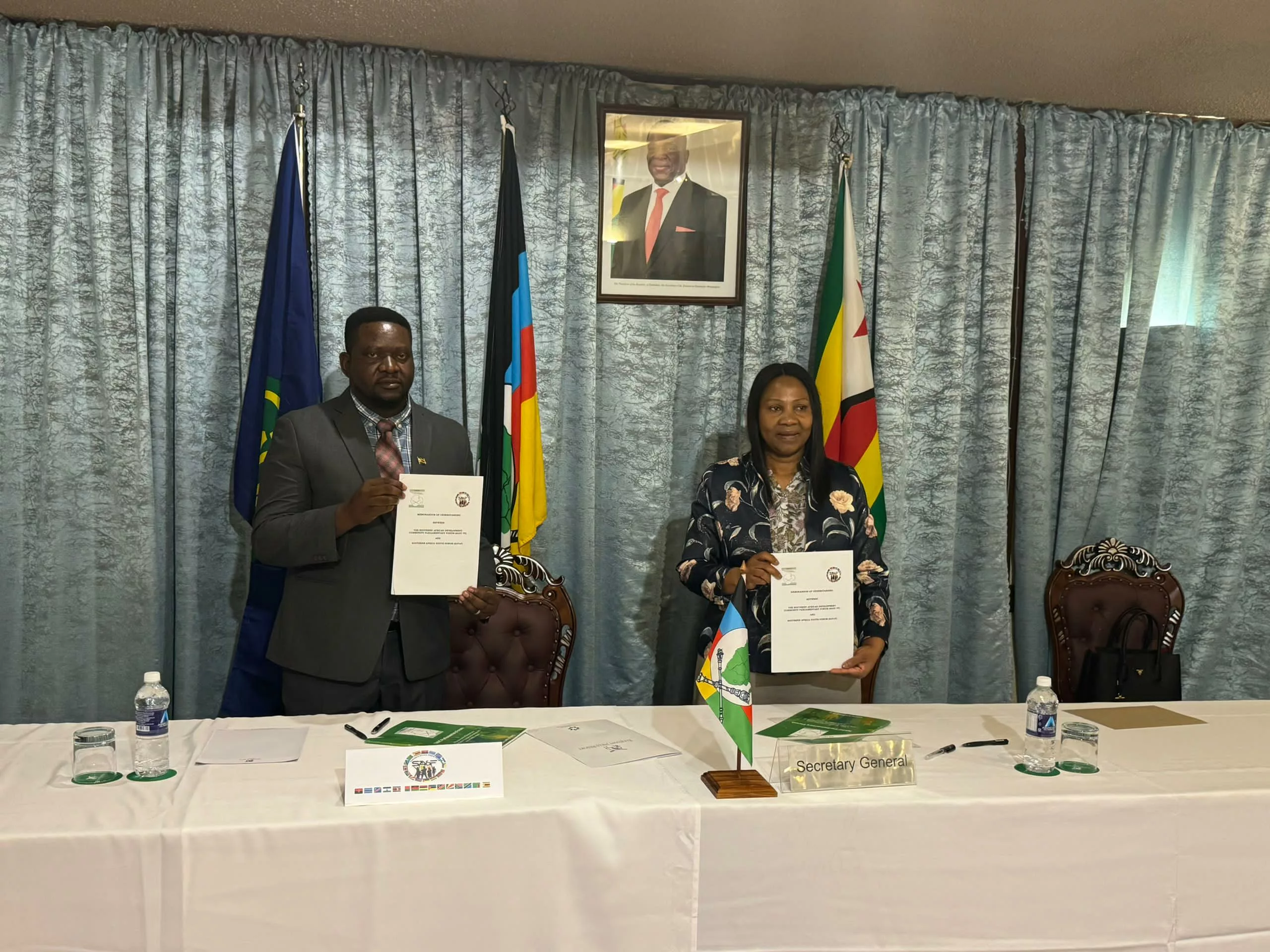The Zimbabwe Election Support Network (ZESN) attended the Governance and Legislative Agenda Capacity Building workshop hosted by the Ministry of Justice, Legal and Parliamentary Affairs for the Political Actors Dialogue (POLAD). The workshop was held in Bulawayo on the 31st of October and the 1st of November 2020.
The objective of the meeting was to impart information and enhance the knowledge on electoral reforms to the principals of the POLAD. ZESN made a presentation on the Draft Comprehensive Electoral Amendment Bill which is currently before Parliament.
The Election Resource Centre (ERC) led a discussion on the Guiding Principles and Benchmarks in Electoral Democracies while the Zimbabwe Women Lawyers Association (ZWLA) presented on the Participation of Women in Electoral processes Towards a 50/50 Mechanism. Also present was the Zimbabwe Lawyers for Human Rights (ZLHR) which made a presentation on Zimbabwe’s Electoral Dispute Resolution Mechanisms and Possible Issues for Reforms and Alignment with the Human Rights Centric Approach and also led a discussion on Operationalizing the Independent Complaints Mechanism Section 210 of the Constitution: CSOs Position on Best Practices, Processes, and Milestones.
In order to ensure that POLAD principals appreciate how ZESN coordinated the process of coming up with the draft Comprehensive Electoral Amendment Bill, in its presentation, ZESN highlighted the several engagement meetings and workshops it conducted with the Parliament Portfolio Committee on Justice, Legal and Parliamentary Affairs, the Speaker of Parliament, other institutions supporting democracy, Civic Society Organizations (CSOs) in particular those from the special interest groups such as women, youth and People with Disabilities (PWDs) sectors, political parties and citizens.
Further, ZESN unpacked the draft Comprehensive Electoral Amendment Bill, highlighting the major issues that the POLAD should understand in more detail in order to influence the electoral reform process. These issues include the need to strengthen the Independence of the Zimbabwe Electoral Commission (ZEC), which led to a vibrant discussion on mechanisms that Zimbabwe should further explore to achieve this. Other issues included the need for ZEC to allow for more players on Voter Education, the ZEC to be given power to make election related codes of conduct, to register political parties, to create circulars and manuals that will be available for public inspection free of charge, to take action with respect to violations of the Code of Conduct for Political Parties and Candidates and other Stakeholders, to remove the approval of the Minister in relation to reports, regulations and policies pertaining to elections and to ensure the accessibility of the voters roll to all interested stakeholders on time as well as to put in place a mechanisms that ensure persons aggrieved by a decision over voter registration can have the matter addressed.
In addition, ZESN explained the need to extend postal and external voting to all registered voters who may be outside the country at the time of elections and to further provide for special voting for registered voters who are unable to cast their vote at the designated polling stations for various reasons such as essential or security services. This will ensure inclusivity in line with Section 67 (3a) of the Constitution which postulates that every Zimbabwean citizens who is of or over 18 years has the right to vote in all elections and referendums. The Bill also proposes the need for an election timetable that is compiled in consultation with Multi Party Liaison Committees (MPLCs). Other issues discussed included the functions of election observers, electoral malpractices, election dispute resolutions, media and elections among others.
In her closing remarks, the Co-Convener of the meeting, Chairperson of the Gender Commission, Mrs. Margaret Sangarwe-Mukahanana, expressed appreciation to the CSOs for the knowledge gained. She noted that the POLAD is now more informed on electoral reforms because of this interaction. She promised to call upon CSOs should there be any need for further engagements and clarification around the electoral reform discourse. ZESN appreciates the opportunity that was provided by the Ministry of Justice and POLAD to popularize its Draft Electoral Amendment Bill as the organization continues to push for reforms that will reduce electoral contestations and usher in free, fair and credible elections.






